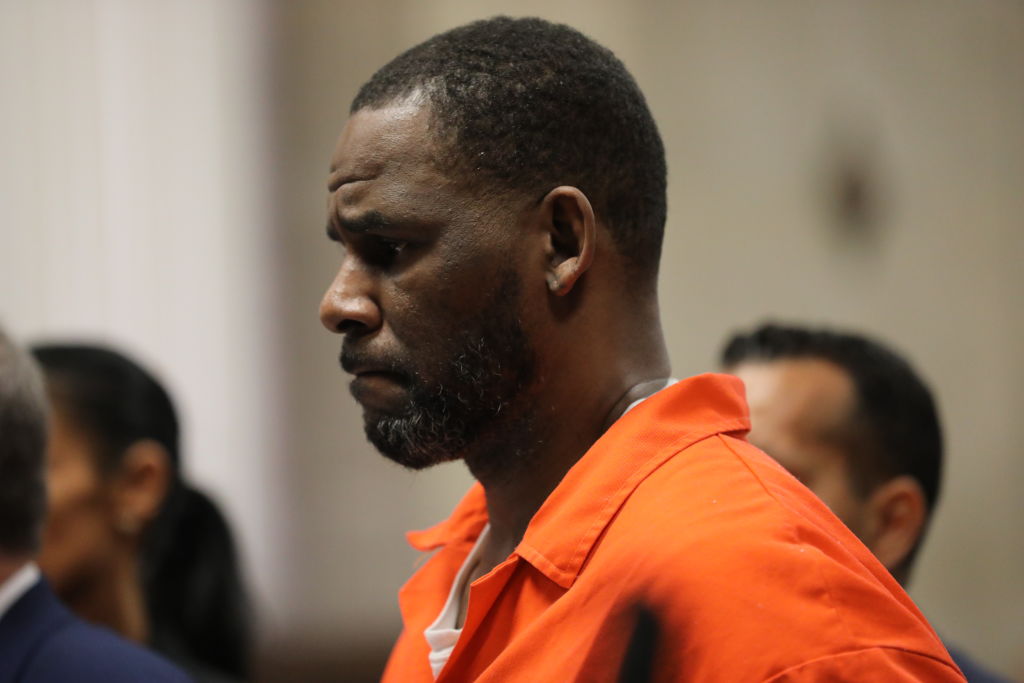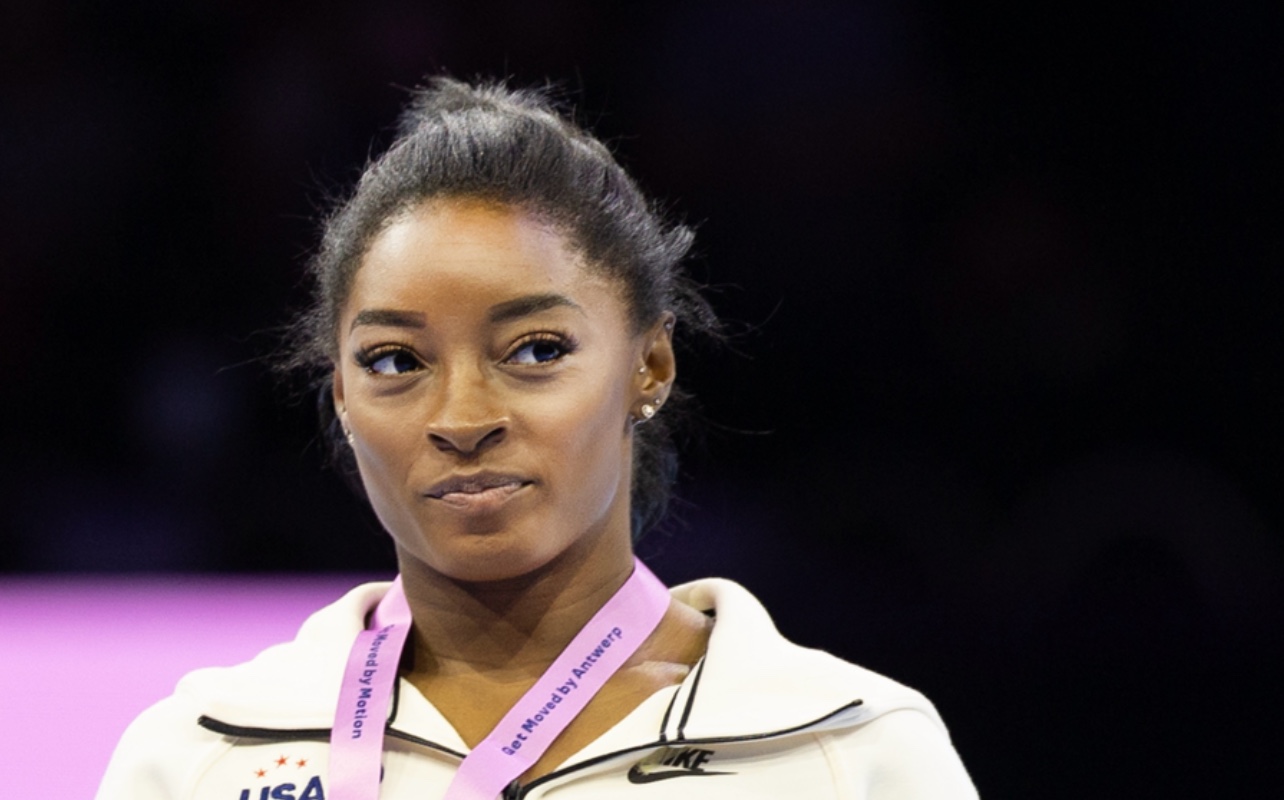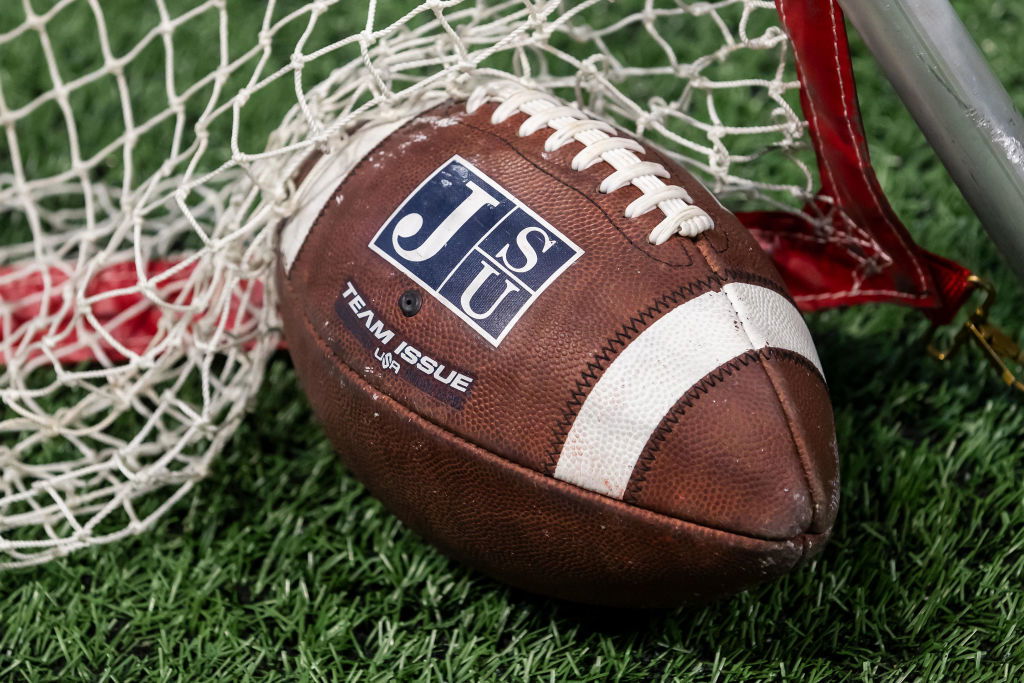
June 12, 2025
Black Founders Can Seek $1M Grand Prize To Help Energize Their Business
SPARC is helping to close the funding gap for Black founders seeking much-needed capital.
Accumulating much-needed capital to flourish remains a massive obstacle for Black founders.
Just 0.4% of start-up funding in 2024 went to Black-led firms, per this report. As such, only $730 million out of that funding, totaling $314 billion last year, reached Black business owners.
The good news is that entrepreneurs can now pursue $1 million to scale their business and get it market-ready. The seven-figure grand prize includes mentorships and direct access to media, tech, and entertainment networks.
The support is available through the SPARC (Startup Pitch Accelerator Regional Competition). The startup competition is designed to support Black entrepreneurs nationwide. The funding is vital as Black founders often face systemic barriers in raising capital. That can hinder their ability to create innovative products and services, compete with rivals, and build sustaining prosperity.
Two renowned Black business owners, music executive Ted Lucas and Silicon Valley tech investor Hilmon Sorey, are leading the regional competition in Miami. Lucas is transitioning into tech. He is also the founder of Miami-based Slip N Slide Records, which is home to the rappers Rick Ross and Trina. Sorey’s resume consists of investing in more than 100 companies.
Lucas and Sorey are co-founders of The Source Groups, which created SPARC and brought it to Miami for the first time this year. That firm calls itself Florida’s first tech hub for Black founders. Its offerings include free tech cohorts, Tech Tuesdays with industry leaders, and reportedly job pipelines to firms like Microsoft and Kaseya.
Some 40 applicants will be initially selected. The deadline for applying is July 1, and those interested can do that and gain more details here. SPARC is tied to the Startup World Cup financing the prize. A winner from South Florida will advance and pitch to venture capitalists at the cup’s global finals in San Francisco in October.
Sorey tells BLACK ENTERPRISE via email the the top 40 applicants will join the accelerator. He says it includes product strategy, sales, legal, and pitch development. “Access to successful entrepreneurs and experts in each of these categories is difficult for individual founders to achieve.”
He added the top 40 will have a chance to develop relationships with angel investors, VCs, community partners, and accelerators focused on South Florida. “This is an opportunity that doesn’t exist through any other event or organization.”
Lucas shared via email the mission of the Source Groups is to create access to resources and funding that many Black founders simply wouldn’t know existed. “We’re here to close that gap and make sure our community doesn’t just survive in business but thrives.”
In the Black community, Lucas says access to capital is one of the biggest barriers to growth. “Many of us don’t have the luxury of “friends and family rounds” not because we lack talent or vision, but because generational wealth just hasn’t been there. That’s why the chance to win $1 million, paired with the right guidance and strategy, can be a game changer.”
Sorey hopes the accelerator can help make Black founders more viable players in the nation’s multi-trillion-dollar tech industry.
“The Source is built to do more than level the playing field—we’re here to create an advantage for innovative entrepreneurs. Through access to capital, strategic revenue partnerships, mentorship, and hands-on founder development, we help turn promising ideas into scalable ventures.”
RELATED CONTENT: Harvard University Standing Up To Trump Results In $2B in Grants Being Frozen








